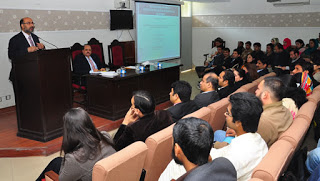The Future of Iraq: Findings of the Atlantic Council's Task Force Report 2017
Report of the Task Force on the Future of Iraq: Achieving Long-Term Stability to Ensure the Defeat of ISIS
May 31, 2017
Chair: Ambassador Ryan Crocker
Executive Director: Dr. Nussaibah Younis
Excerpts from the Report: The Iraqi government, backed by the United States and its coalition partners, are on the brink of retaking all the territories once occupied by the Islamic State of Iraq and al-Sham (ISIS) in Iraq. In this report, we offer a strategy for how the United States can build on this success to bring about a lasting defeat of ISIS and secure US national security interests in Iraq over the long term. Over the course of 2016, the Task Force on the Future of Iraq brought together the world’s leading Iraq scholars, experts, and former policy practitioners to conduct a rigorous inquiry into how the United States could best protect its national security interests and promote Iraqi interests through targeted and effective engagement in Iraq.
Recommendations for US Iraq Policy
Publicly Co…
May 31, 2017
Chair: Ambassador Ryan Crocker
Executive Director: Dr. Nussaibah Younis
Excerpts from the Report: The Iraqi government, backed by the United States and its coalition partners, are on the brink of retaking all the territories once occupied by the Islamic State of Iraq and al-Sham (ISIS) in Iraq. In this report, we offer a strategy for how the United States can build on this success to bring about a lasting defeat of ISIS and secure US national security interests in Iraq over the long term. Over the course of 2016, the Task Force on the Future of Iraq brought together the world’s leading Iraq scholars, experts, and former policy practitioners to conduct a rigorous inquiry into how the United States could best protect its national security interests and promote Iraqi interests through targeted and effective engagement in Iraq.
Recommendations for US Iraq Policy
Publicly Co…
